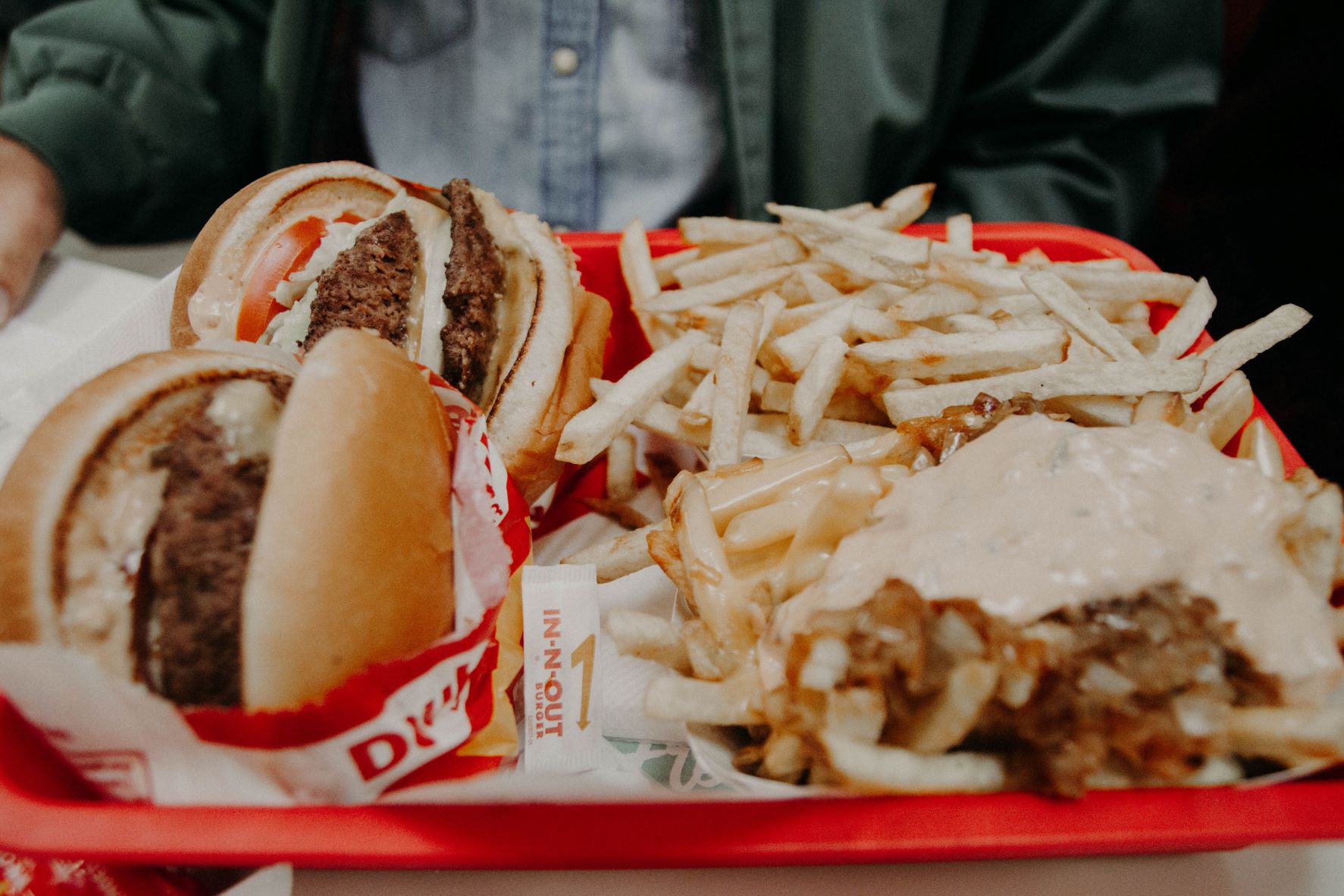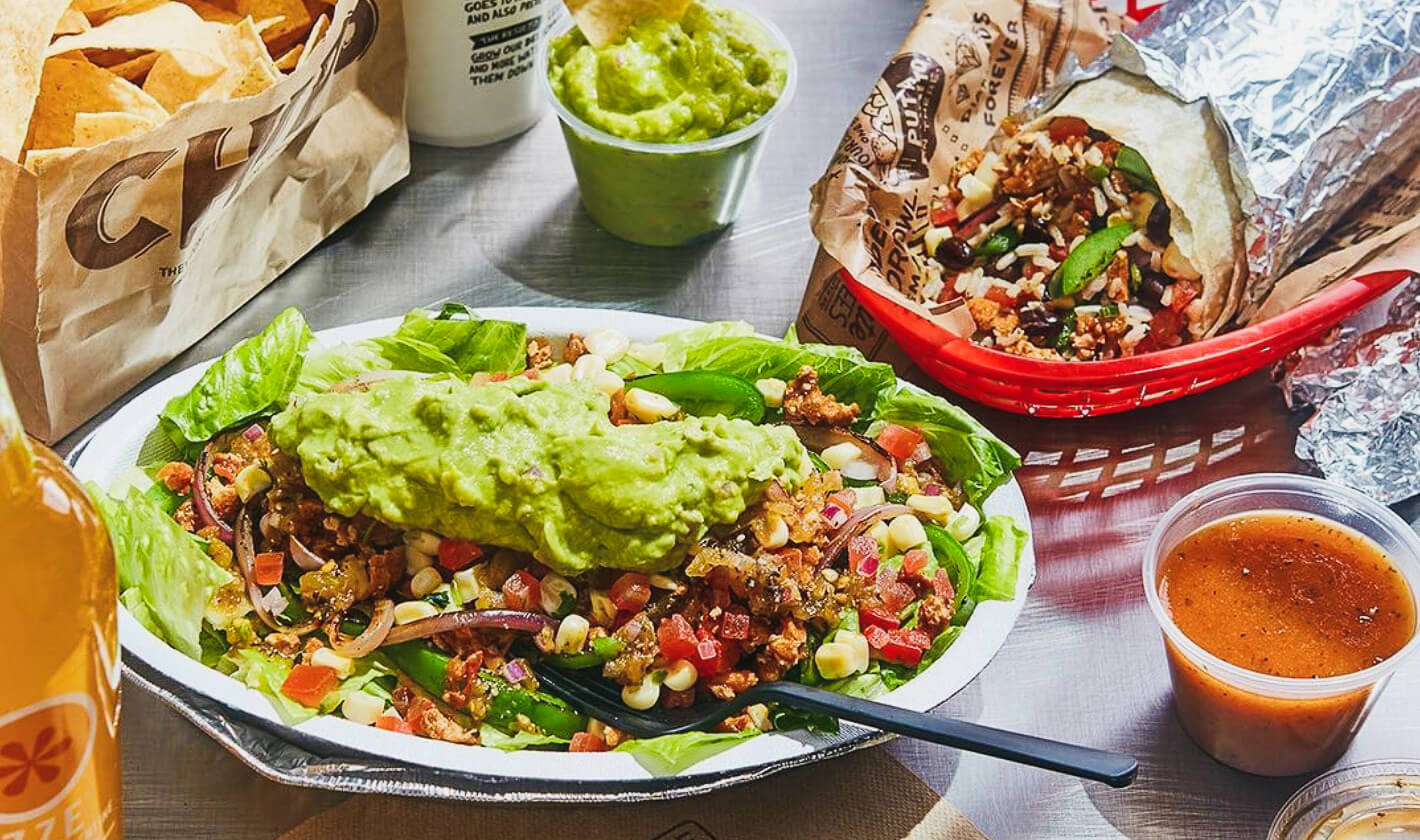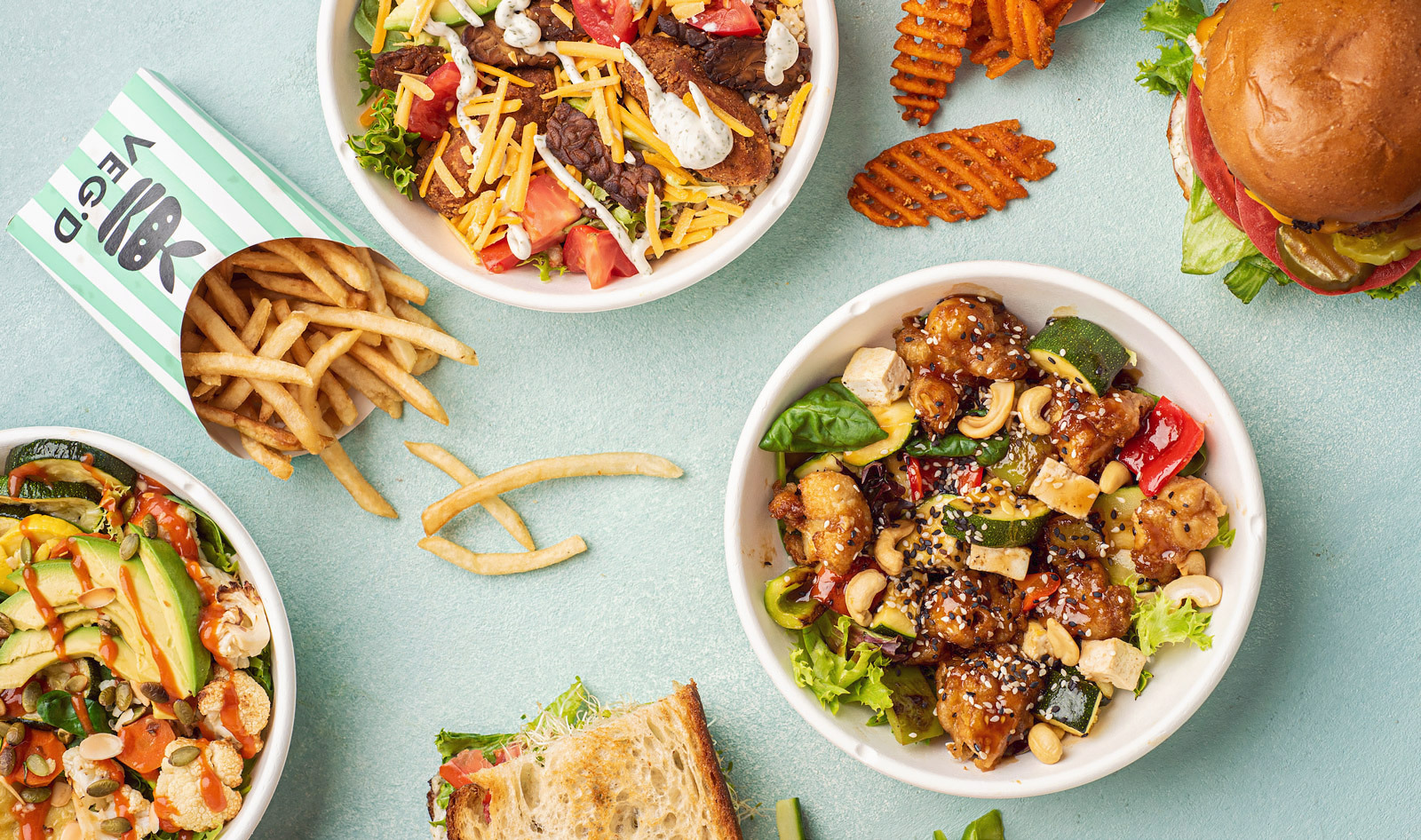Eating fast food is associated with nonalcoholic fatty liver disease, according to a new study published in the medical journal Clinical Gastroenterology and Hepatology. The disease, which affects more than 30 percent of the United States population, is a potentially life-threatening condition in which fat builds up in the liver.
Researchers from Keck Medicine of UFC (the University of Southern California’s medical enterprise) have discovered that people with obesity or diabetes who consume 20 percent or more of their daily calories from fast food have severely elevated levels of fat in their liver compared to those who consume less or no fast food at all. And the general population has moderate increases of liver fat when one-fifth or more of their diet is fast food.
Stefa Nikolic
“Healthy livers contain a small amount of fat, usually less than 5 percent, and even a moderate increase in fat can lead to nonalcoholic fatty liver disease,” Ani Kardashian, MD, a hepatologist with Keck Medicine and lead author of the study, said in a statement.
Nonalcoholic fatty liver disease, also known as liver steatosis, can lead to cirrhosis, or scarring of the liver, which can cause liver cancer or failure.
“The severe rise in liver fat in those with obesity or diabetes is especially striking, and probably due to the fact that these conditions cause a greater susceptibility for fat to build up in the liver,” Kardashian added.
While previous research has shown a link between fast food and obesity and diabetes, this is one of the first studies to demonstrate the negative impact of fast food on liver health, according to Kardashian.
Table of Contents
The effects of fast food on health
For the study, Kardashian and colleagues analyzed the most recent data from the nation’s largest annual nutritional survey, the 2017-2018 National Health and Nutrition Examination Survey, to determine the impact of fast-food consumption on liver steatosis.
The study characterized fast food as meals, including pizza, from either a drive-through restaurant or one without wait staff.
The researchers evaluated data from approximately 4,000 adults whose fatty liver measurements were included in the survey and compared these measurements to their fast-food consumption. Of those surveyed, 52 percent consumed some fast food. Of these, 29 percent consumed one-fifth or more of their daily calories from fast food and experienced a rise in liver fat levels.
 Unsplash
Unsplash
The association between liver steatosis and a 20 percent diet of fast food held steady for both the general population and those with obesity or diabetes even after data was adjusted for multiple other factors such as age, sex, race, ethnicity, alcohol use, and physical activity.
“We’ve also seen a substantial surge in fast-food dining during the COVID-19 pandemic, which is probably related to the decline in full-service restaurant dining and rising rates of food insecurity,” Kardashian said. “We worry that the number of those with fatty livers has gone up even more since the time of the survey.”
Is nutrition education the key?
Kardashian hopes the study will encourage health-care providers to offer patients more nutrition education, especially to those with obesity or diabetes who are at higher risk of developing a fatty liver from fast food.
Currently, there is a lack of research that directly compares the liver disease risk of traditional fast food to plant-based fast food. However, the only way to treat liver steatosis is through an improved diet, and previous studies have found that a plant-based diet is healthier than one that includes animal products.

Adobe Stock
A meta-analysis published last year in Frontiers of Public Health, for example, found that a plant-based diet can protect you against a number of cancers affecting the digestive system, including liver cancer. Studies have also indicated the benefits of a plant-based diet for those with type 2 diabetes.
With fast food specifically, choosing plant-based options over conventional animal-based items could have upsides, too.
Studies have associated processed meats such as those offered at fast-food outlets with a number of health conditions, including breast, lung, liver, and colon cancers, and a number of studies have suggested that red and processed meat consumption are linked to a higher risk of heart disease and diabetes.
Plant-based meats, on the other hand, tend to be lower in saturated fat and calories compared to their traditional counterparts. Previous studies focusing on the healthiness of plant-based products found they tend to have better nutritional profiles compared to animal products, with one paper finding 40 percent of conventional meat products were classified as “less healthy” compared to just 14 percent of plant-based alternatives.
 Chipotle
Chipotle
Other studies found plant-based meat and dairy were good for weight loss and building muscle mass, and could be used to help people with specific health conditions.
Swapping animal meat for plant-based options
Consumers who eat fast food regularly aren’t likely to immediately stop consuming these convenience foods. Could a swap for plant-based fast food offer a solution? One report published in Future Foods says yes.
 VEG’D
VEG’D
This research indicates that because plant-based meat and other foods are specifically formulated to replicate the taste, texture, and overall eating experience of animal products, they are a much more effective way of reducing the demand for animal-based meat and dairy than simply encouraging people to cook whole plant foods at home.
“These products are able to shift demand away from animal products, and are able to do this far more effectively than whole plant foods, as they hit the key drivers consumers are looking for—taste, price, and convenience,” report author Chris Bryant, PhD, of the University of Bath said in a statement.







